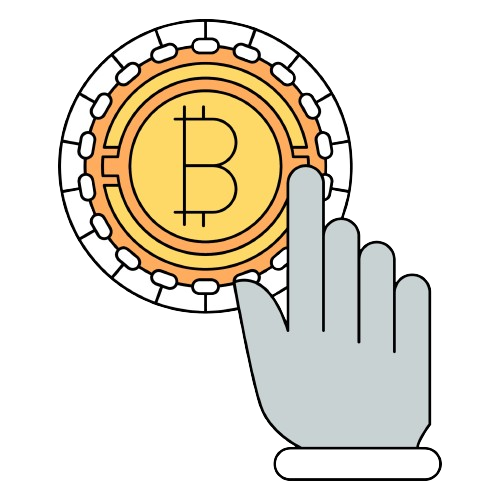
In the ever-evolving world of digital finance, Bitcoin’s journey has been nothing short of remarkable. From its humble beginnings as a decentralized peer-to-peer electronic cash system, Bitcoin has transcended its initial purpose and emerged as a powerful trading asset. One of the pivotal developments fueling its growth is the increasing adoption by payment processors, which has far-reaching implications for the trading landscape. In this comprehensive analysis, we’ll explore how the integration of Bitcoin into payment processing systems is shaping the future of cryptocurrency trading.
Understanding the Role of Payment Processors
Payment processors play a crucial role in facilitating financial transactions between merchants and consumers. They act as intermediaries, ensuring secure and efficient payment processing while adhering to regulatory compliance standards. As the demand for digital currency transactions grows, payment processors have recognized the need to embrace Bitcoin and other cryptocurrencies to remain competitive and meet evolving customer preferences.
Increased Liquidity and Trading Volume

One of the most significant impacts of Bitcoin’s adoption by payment processors is the potential increase in liquidity and trading volume. As more merchants and businesses accept Bitcoin as a payment method, it drives demand for the digital currency, leading to higher transaction volumes on cryptocurrency exchanges.
This increased liquidity can create more opportunities for traders to enter and exit positions, potentially enhancing market efficiency and reducing volatility.
Furthermore, the integration of Bitcoin into payment processing systems opens the door for mainstream adoption, attracting a broader audience of investors and traders who may have previously been hesitant to engage with cryptocurrencies.
Facilitating Cross-Border Transactions
Another profound implication of Bitcoin’s adoption by payment processors is its ability to facilitate cross-border transactions seamlessly. Traditional cross-border payments often face challenges such as high fees, lengthy processing times, and complex regulatory barriers. Bitcoin, with its decentralized nature and borderless infrastructure, offers a more efficient and cost-effective solution for international transactions.
As payment processors embrace Bitcoin, traders can potentially benefit from more streamlined cross-border trading opportunities, enabling them to diversify their portfolios and access global markets with greater ease.
Enhancing Trust and Regulatory Compliance
One of the primary concerns surrounding cryptocurrencies has been the perceived lack of trust and regulatory oversight. However, the involvement of regulated payment processors in the Bitcoin ecosystem can help address these concerns. Payment processors are subject to strict compliance standards and anti-money laundering regulations, ensuring that transactions are conducted transparently and legitimately.
This increased trust and regulatory compliance can foster greater confidence among traders, potentially attracting more institutional investors and driving further adoption of Bitcoin as a trading asset.
Integration with Traditional Financial Systems

As payment processors bridge the gap between traditional finance and cryptocurrencies, they pave the way for seamless integration between the two worlds. Traders may soon have the ability to move funds between a Bitcoin Wallet and a traditional bank account with ease, facilitating more efficient execution of trades and portfolio management.
This integration can also open up new opportunities for trading strategies that leverage both traditional and cryptocurrency markets, offering traders a more diverse range of investment options.
Conclusion
Bitcoin’s adoption by payment processors represents a significant milestone in the evolution of cryptocurrency trading. As more businesses and merchants embrace digital currencies, it drives increased liquidity, trading volume, and mainstream adoption. The facilitation of cross-border transactions, enhanced trust and regulatory compliance, and the integration with traditional financial systems are all factors that contribute to a more robust and efficient trading environment for Bitcoin enthusiasts. While challenges and uncertainties may still exist, the involvement of payment processors in the Bitcoin ecosystem is a testament to the growing maturity and acceptance of this innovative technology. As the adoption curve continues to rise, traders who stay ahead of the curve and adapt to these evolving dynamics will be well-positioned to capitalize on the opportunities that lie ahead.